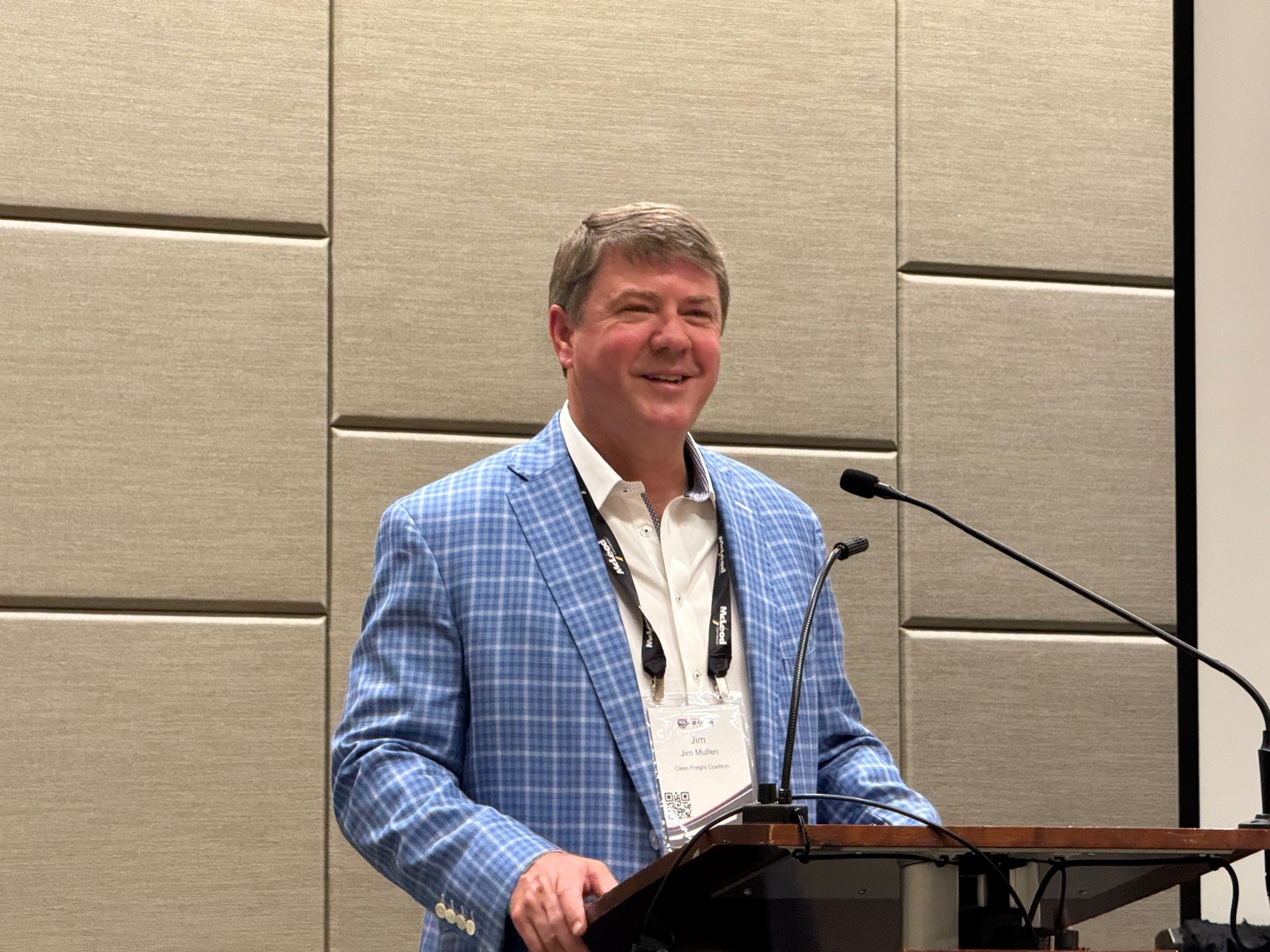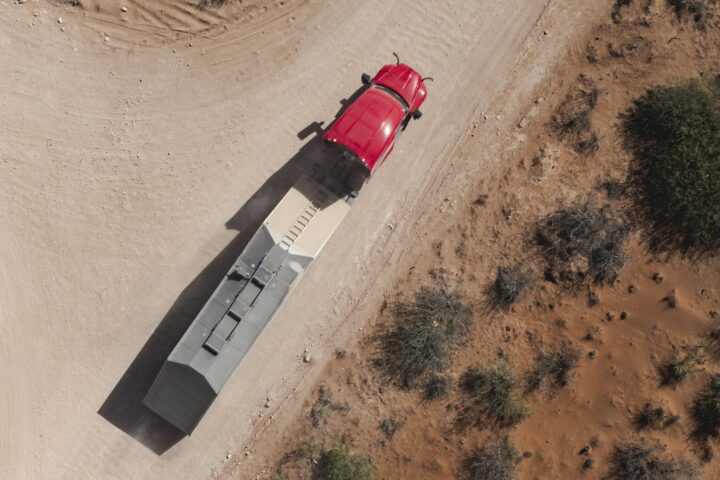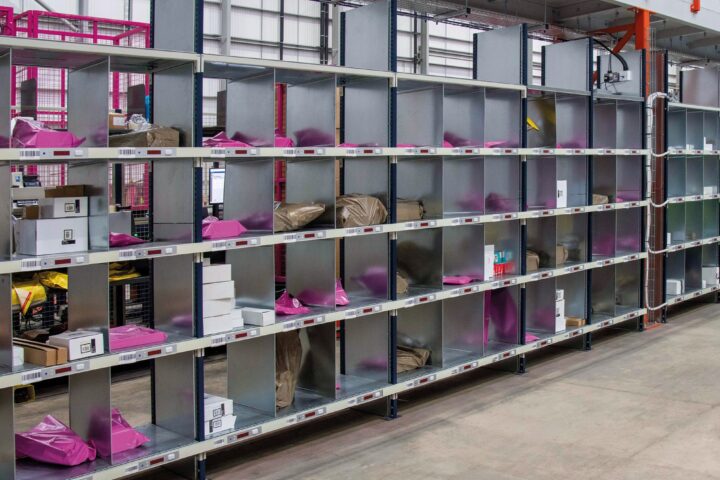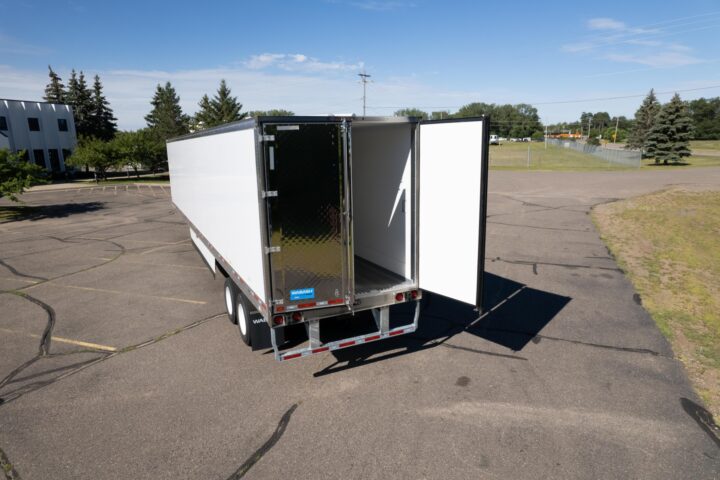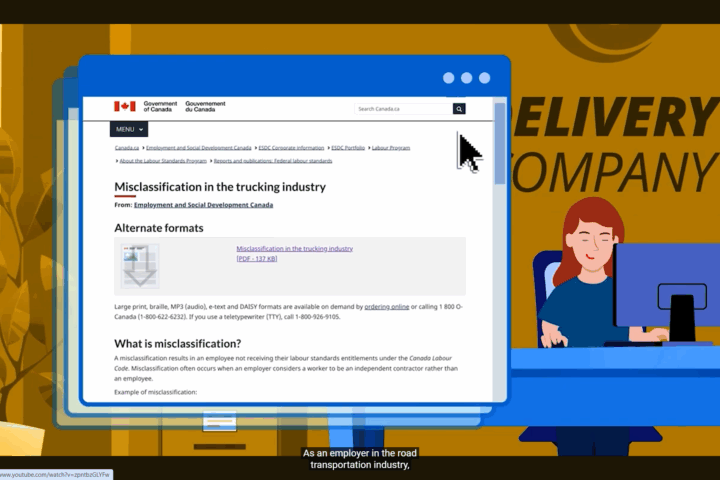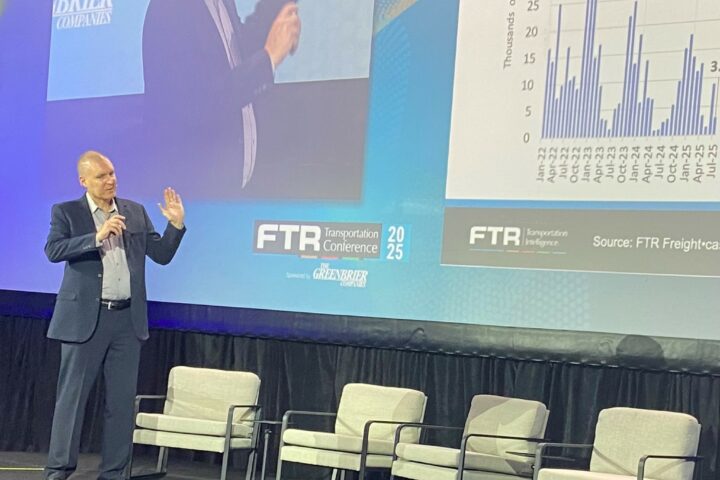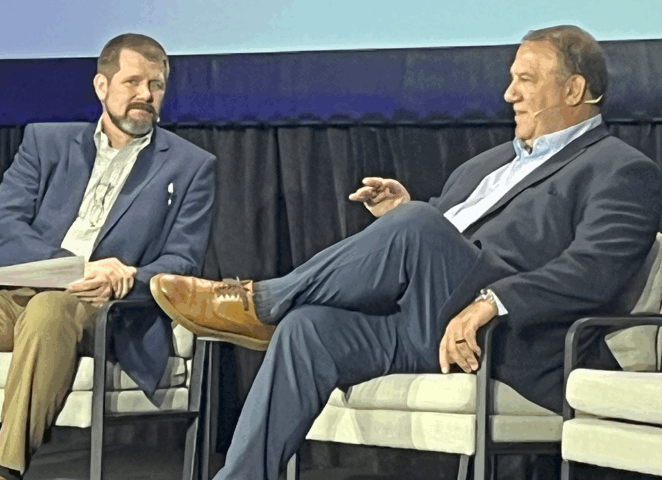The U.S. Environmental Protection Agency (EPA) is reviewing several key emissions regulations that could impact the trucking industry, including its GHG Phase 3 standards, NOx rule provisions, and the endangerment finding for greenhouse gases, as the agency announced last week.
If rolled back, these changes could make compliance easier for American fleets while reshaping emissions policies at both the federal and state levels.

This is according to Jim Mullen, executive director of the Clean Freight Coalition (CFC) and former FMCSA acting administrator, who discussed the potential regulatory shifts at a press conference during the annual Truckload Carriers Association (TCA) convention in Phoenix, Ari.
Mullen believes that the EPA’s choice of language —“reconsider” and “reevaluate”— suggests a delay or modification rather than a full rollback of existing regulations.
On GHG Phase 3, he explained that rather than enforcing stricter mandates, the EPA may pause the standard at Phase 2 levels.
“What we believe they’re going to do is stay at the Phase 2 levels until we get closer to 2027 and, of course, we’ll see what they do in the meantime,” he said.
Mullen also highlighted potential changes to the NOx rule, which the EPA is now reviewing due to its costly compliance requirements and uncertain environmental benefits.
“We believe that it means a couple of things,” he said. “The warranty provision, which we commented on when the NOx rule came out, as did the OEMs, was going to be overly burdensome, overly costly, and provide little benefit. And we believe that they are reevaluating, that particular provision of NOx,” Mullen explained.
Beyond EPA regulations, California’s strict emissions waivers are also facing congressional scrutiny under the Congressional Review Act (CRA), which allows Congress to overturn certain agency decisions.
Mullen said there is debate over whether these waivers qualify as federal rules under CRA guidelines, which could affect whether they can be repealed through this process.
Mullen added the Clean Freight Coalition continues to advocate for a diversified clean energy approach, supporting different alternatives instead of an all-electric transition.
“We’re all-in on the alternative, which [is that] we should be looking at this all-of-the-above approach. And we believe [in] the promise of [alternative fuels] whether RNG, whether it’s CNG, whether it’s biodiesel.”

